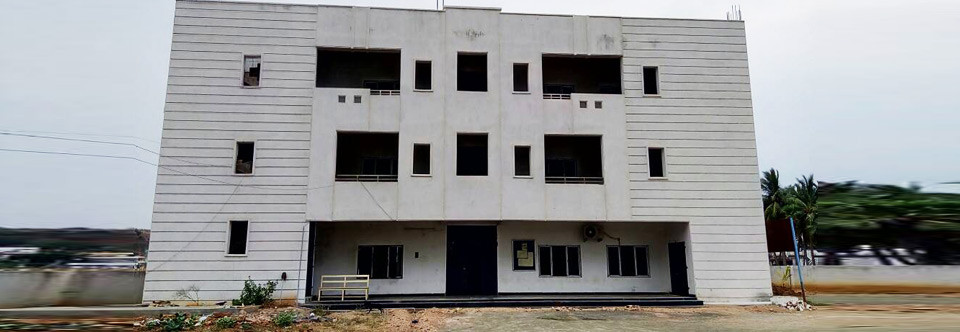Highlights: -
|
Degree Name |
Masters of Legislative Law |
|
Level |
Postgraduate |
|
Duration of the course |
2 years |
|
Eligibility |
LLB Graduate |
|
Education mode |
Full-time |
|
Admission Process |
Merit and Entrance Exams |
|
Entrance Exams |
CLAT PG, AILET PG, LSAT India, IPU CET , DU LLM, TISS NET, BHU PET PG, AP PG LAWCET, TS PG LAWCET, CUSAT PG, CET PG, CUCET PG |
|
Fees of the course |
Rs 1.00 Lakh - Rs 10.00 Lakhs |
Eligibility Criteria: -
- Candidates must have an LLB from a recognised university.
- Candidates must have at least 50% aggregate marks in their degree.
- Applicants must meet the cut-off for the admission exam.
- Candidates must give personal interviews and group discussions to assess their understanding of the subject.
Syllabus for LLM in Family Law:
The LLM in Family Law syllabus will vary from college to college, but the course aims and subjects shall remain the same; the subject distribution over the syllabus may differ, but the study matter remains consistent. Nevertheless, candidates should check the official website to know the complete syllabus.
Here is a general guide to LLM in Family Law syllabus design, as commonly followed by Indian colleges:
|
Semester 1 |
Semester 2 |
|
Family Law - I
|
Family Law - II
|
|
Law of Domestic Violence
|
Child Rights and Law
|
|
Legal Research Methodology
|
Gender Justice and Family Law
|
|
Semester 3 |
Semester 4 |
|
Mediation and Negotiation in Family Disputes
|
Comparative Family Law
|
|
Law and Society
|
Legal Ethics and Professional Responsibility
|
|
Internship / Dissertation
|
Elective Course / Special Topics
|
|
NA |
Viva Voce / Comprehensive Examination
|
.webp)
Employment after LLM in Criminal Law: -
|
Job Profiles |
Average Salary (Lakhs Per Annum) |
|
Lecturer/ Professor |
Rs 4.00 LPA - Rs 7.00 LPA |
|
Legal Researcher |
Rs 2.00 LPA - Rs 6.00 LPA |
|
Family Lawyer |
Rs 3.00 LPA - Rs 8.00 LPA |
|
Legal Advisor |
Rs 4.00 LPA - Rs 8.00 LPA |
|
Law Assistant |
Rs 2.00 LPA - Rs 5.00 LPA |
|
Divorce Lawyer |
Rs 4.00 - Rs 8.00 LPA |
FAQs
- What is LLM Family Law?
LLM is a 2-year post-graduate-level degree in law that expands the academic level into specialisations in Family Law fields.
- What is the scope of LLM in Family Law?
On completion of the LLM Family Law course, students can go for jobs in various fields like district courts, NGOs, Law Firms, Govt. and Private Offices and Colleges/ Universities as Judge, Lawyer, Law Inspector, Lecturer in Colleges or Universities etc.
- Can I study the LLM Family Law course through distance?
No, you can not opt for the distance LLM courses as it is not allowed by BCI.
- What are some Family Law job profiles?
The family law-related job profiles are:
- Professor in family law
- Family lawyer
- Family advocate
- Family law advisor
- Divorce lawyer
- Divorce expert lawyer
- Which book should a law student read for Family Law?
Here are some top picks for Family Law books in India, in short:
- Family Law in India by Tahir Mahmood: Comprehensive and widely recognised.
- HINDU LAW (Family Law - I) by Dr. S.R. Myneni: Focuses specifically on Hindu Law, applicable to a large portion of the population.
- Modern Hindu Law by Dr. Paras Diwan: Offers a deeper dive into Hindu Law with contemporary issues and judicial pronouncements.




